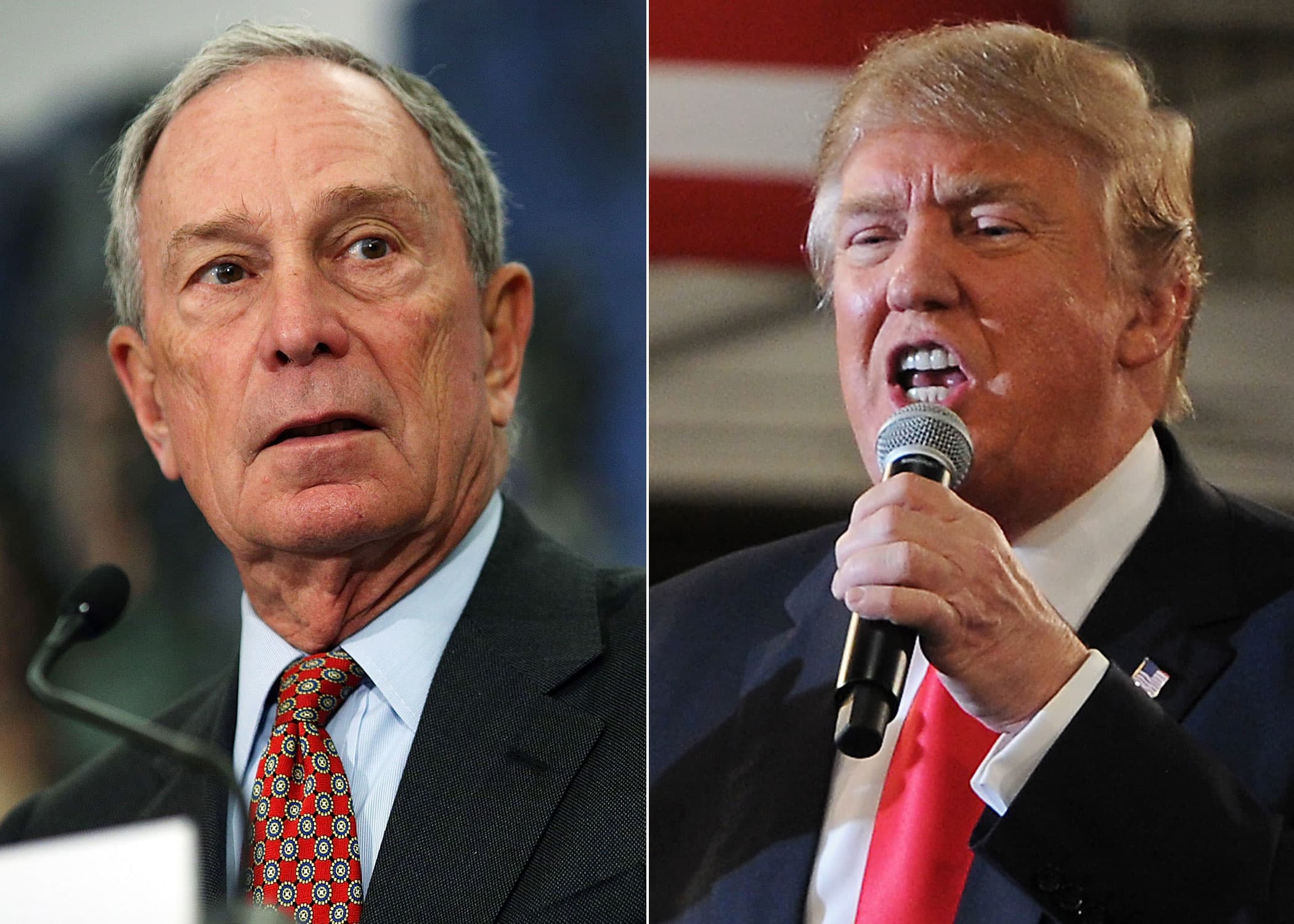
Donald Trump and His Children – All Board Members of His Fraudulent Foundation
Dear Commons Community,
On Thursday, a New York judge ordered Donald Trump to pay $2 million in damages after he admitted that his now-defunct Donald J. Trump Foundation largely benefited Donald J. Trump and no one else. In a stipulation, Trump essentially agreed that the foundation was what the New York attorney general’s office said it was when it filed suit last year — a piggy bank to pay bills and fund political spending.
Reporting by The Washington Post, which led to the New York State attorney general’s investigation of the foundation, found that the foundation could not provide evidence that it gave anything to veterans groups until a reporter started asking about it, months after the fund-raiser.
When Mr. Trump was not treating the foundation like an arm of his campaign, he used it to pay off some of his business’s legal obligations, according to Thursday’s settlement. (Although, shortly after his election, Mr. Trump did agree not to use the foundation to pay any of the $25 million settlement awarded to victims of his fraudulent Trump University.)
He also used foundation money to buy a $10,000 portrait of himself, which he displayed at one of his hotels. Below is a New York Times editorial reviewing the sleaziness of Trump and his foundation which had his three children Ivanka, Donald Jr. and Eric as Board members.
Tony
——————————————————————————————————————–
The New York Times
No Charitable Thought for Donald Trump
Fined $2 million after admitting his foundation was his piggy bank, the president shows he always comes first.
By The Editorial Board
Nov. 8, 2019
On Monday, President Trump will kick off the 100th New York City Veterans Day Parade, at which he is likely to boast, as is his wont, of his devotion to the men and women who have served in the military.
But a legal settlement announced on Thursday reveals that for Donald Trump, personal interest outranks even the needs of veterans. Under the agreement, a New York judge ordered the president to pay $2 million in damages after Mr. Trump admitted that his now-defunct Donald J. Trump Foundation largely benefited Donald J. Trump.
In a stipulation, he essentially agreed that the foundation was what the New York attorney general’s office said it was when it filed suit last year — a piggy bank to pay bills and fund political spending. It’s an interesting admission as the House seems ready to accuse him of using the Pentagon budget for his own political ends.
The president acknowledged in the settlement that his 2016 campaign controlled the $2.8 million the foundation had raised at a fund-raiser for veterans in Iowa in January 2016, only days before the state’s presidential nominating caucuses. The fund-raiser was used, in the words of the judge, “to further Mr. Trump’s political campaign.”
Reporting by The Washington Post, which led to the New York State attorney general’s investigation of the foundation, found that the foundation could not provide evidence that it gave anything to veterans groups until a reporter started asking about it, months after the fund-raiser.
When Mr. Trump was not treating the foundation like an arm of his campaign, he used it to pay off some of his business’s legal obligations, according to Thursday’s settlement. (Although, shortly after his election, Mr. Trump did agree not to use the foundation to pay any of the $25 million settlement awarded to victims of his fraudulent Trump University.)
He also used foundation money to buy a $10,000 portrait of himself, which he displayed at one of his hotels.
A grift this shameless was bound to collapse under its own weight. In December, the foundation agreed to dissolve and to distribute its remaining assets to charity — under court supervision, of course.
Justice Saliann Scarpulla of State Supreme Court in Manhattan put multiple restrictions on any future involvement by Mr. Trump in charities. In addition, his three oldest children — Don Jr., Ivanka and Eric, all of whom were foundation officers — agreed to undergo training to help them avoid similar missteps going forward.
Despite his admissions of misconduct, Mr. Trump made clear who he thought was the victim in the case — himself.
“I am the only person I know, perhaps the only person in history, who can give money to charity ($19M), charge no expense, and be attacked by the political hacks in New York State,” he tweeted Thursday evening in a statement about the settlement. Of course, a foundation with no employees, according to the attorney general, and a board that rarely met was unlikely to have many expenses.
He then rolled smoothly into an attack on the three New York attorneys general who pursued the case over the past three years.
In closing, he characterized the $2 million in damages that he has been ordered to pay as a contribution that he is “happy” to donate to worthy groups.
To be sure, $2 million seems unlikely to break the president’s bank. It is, however, a rare instance in which someone is finally holding Mr. Trump accountable for his misbehavior.
More than that, he has been compelled to publicly admit to having misled the public — and all those veterans for whom he professes to hold such respect.









